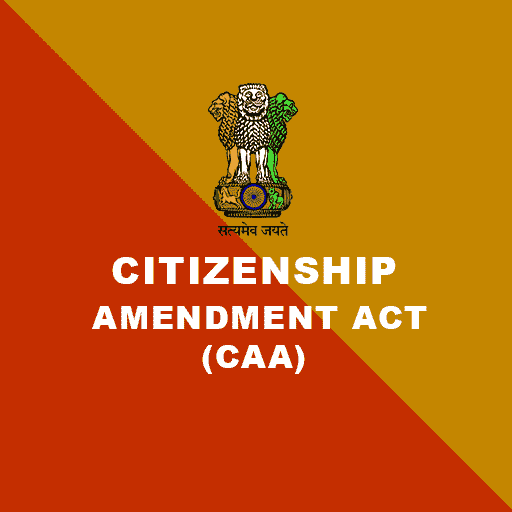Nature and Significance of Political Theory.
Nature and Significance of Political Theory.
Political theory is a body of knowledge related to the phenomenon of the state. While theory refers to a systematic knowledge, political refers to matters of public concern. According to David Held, political theory is a network of concepts and generalizations about political life involving ideas, assumptions and statements about the nature, purpose and key features of government, state and society and about the political capabilities of human beings.
Andrew Hacker defines it as a combination of a disinterested search for the principles of good state and good society on the one hand and a disinterested search for knowledge of political and social reality on the other. Another writer, George Catlin expresses almost the same views. He says, political theory includes political science and political philosophy.
While science refers to the phenomena of control in many forms over all the process of whole social field. it is concerned with means political philosophy is concerned with the end or final value, when man asks ‘what is the national good’ or what is good society.
Again, according to W.C. Coker, When political government and its forms and activities are studied not simply as facts to be described and compared or judged in reference to their immediate and temporary effects, but as facts to be understood and appraised in relation to the constant needs, desires and opinions of men, then we have political theory.
Political theory is an intellectual and moral creation of man. Generally it is the speculation of a single individual who is attempting to offer us a theoretical explanation of the political reality i.e., the phenomena of the state. Every theory by its very nature is an explanation, built upon certain hypothesis which may be valid (or not) and which are always open to criticism. So what we find in political theory is a number of attempts made by thinkers from Plato onwards to unravel the mysteries of man’s political life.
They have given so many modes of explanations which may or may not convince us but on which we cannot pass any final judgment. Political theory is largely an attempt to seek the truth as the thinker sees it and it is usually expressed through a treatise such as Plato’s Republic, Aristotle’s Politics, Hobbes’ Leviathan, or Rawls’ A Theory of Justice.
Secondly, political theory contains an explanation of man, society and history. It probes the nature of man and society; how a society is made up and how it works; what are its important elements; what are the sources of conflict in the society and how they can be resolved.
Thirdly, political theory is discipline based. It means that though the phenomena which the theorist seeks to explain remains the same i.e., the state, the writer may be philosopher, historian, economist, theologian or a sociologist. Thus, we are confronted by a variety of political theories, each distinguished by a discipline on which it is based.
Fourthly, political theory not only comprehends and explains the social and political reality but is also actively engaged in hastening the process of history. The task of political theory is not only to understand and explain but also to device ways and means to change the society. As Laski put it, the task is not merely one of description of what it is but also a prescription of what ought to be.
Thus, political theory recommends agencies of action as well as means of reform, revolution or conservation. It contains programs that embody both ends and means. Political theory plays a double role : To understand society and to suggest how to remove the imperfections.
And lastly, political theory also includes political ideology. Ideology in simple language means ‘a system of beliefs, values and ideals by which people allow themselves to be governed’. We find a number of ideologies in the modern world such as liberalism, Marxism, socialism etc. All political theories from Plato to date reflect a distinct ideology of the writer.
Political theory in the form of political ideology includes a system of political values, institutions and practices which a society has adopted as its ideal. Each brand of theory or ideology in this sense claims for itself the attributes of universality and compels others to accept it, leading to what is generally known as ‘ideological conflicts’.
Political theory is associated with the explanation and evaluation of the political phenomena and this phenomena can be examined as a statement of ideas and ideals, as an agent of socio-economic change, and as an ideology.



